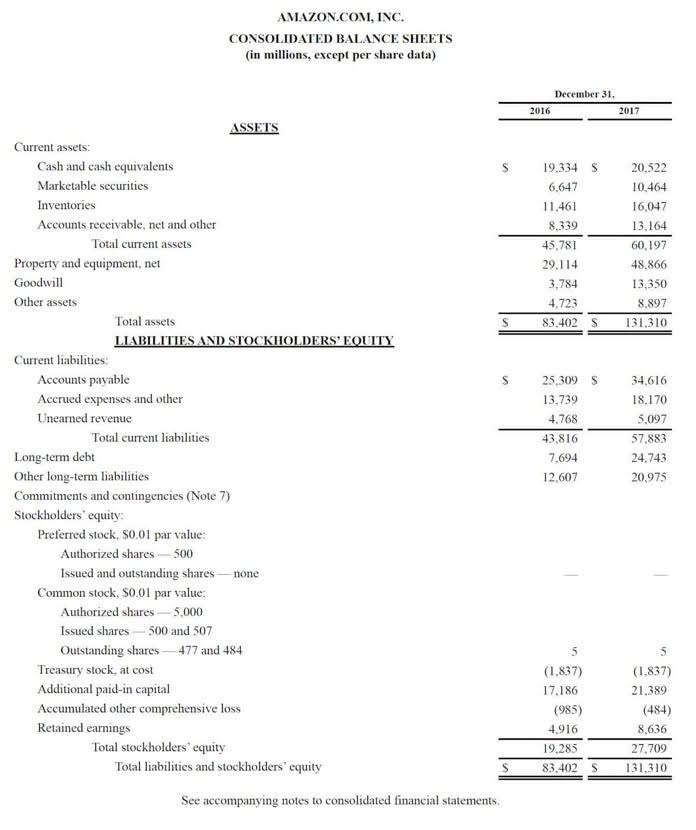
You can ensure an effective budget so that the costs of shipping will not arise unexpectedly. A complete purchase contract would be drafted on which both seller and buyer agree. Remember, while FOB and other Incoterms are internationally recognized, trade laws vary by country. So, if you’re fob shipping point buying or selling globally, review the laws of the country you’re shipping from. FCA or “free carrier” means a seller is obligated to deliver goods to a specified location or carrier where the buyer will take responsibility for transit.
US Customs Clearance Process: Fees, Processing Time & Payments
“Freight Prepaid” means the seller pays for shipping, so the buyer has no shipping costs to pay upon receiving their purchased goods. “Freight Collect” means the buyer is responsible for shipping costs and must pay these costs when they QuickBooks receive their shipped goods. They also tell the carrier if money is due for shipment and who to contact if the goods become damaged during transit.

Freight shipping how-to

However, the interchanging use of free and freight can lead to some confusion, especially considering the terms abbreviation, FOB. In summary, understanding the legal aspects of FOB transactions can help prevent costly mistakes and ensure a smoother shipping process. The International Chamber of Commerce publishes international and domestic standards for the most commonly used delivery contracts. ExWorks and Free on Board are two of the rules that define which party is responsible for a shipment and its costs at certain stages of delivery. FOB transfers liability from seller to buyer when the shipment reaches the port of origin, not the destination.

FOB Shipping Meaning in Simple Terms
It is not free by any means, and failure to understand this term can lead to discrepancies when shipping products abroad and additional problems. If the responsible party does not accept liability, should damage or another event occur, that could result in the filing of a claim. As a result, shippers need to understand this term, how it impacts responsibilities and obligations when transporting goods and who is on the proverbial hook. To ensure a smooth shipping process, plan ahead and allow ample time for shipping and customs clearance.
- In summary, FOB is a critical term in shipping that defines the transfer of ownership, liability, and responsibility for freight charges.
- “Freight Collect” means the buyer is responsible for shipping costs and must pay these costs when they receive their shipped goods.
- Since the buyer takes possession of the items at its receiving dock, that is also where the seller should document a transaction.
- How effective products move from the vendor to the customer depends on how well both sides understand free on board (FOB).
- Our extensive network of reliable carriers and agents is adept at managing every facet of international shipping, encompassing customs clearance, documentation, and freight forwarding.
Two crucial documents in this context are the Bill of Lading (B/L) Bakery Accounting and the Commercial Invoice. FOB is a middle-ground term where both buyer and seller share the responsibilities but at different stages of the shipment process. A bill of lading, or BOL for short, is a transport document that is required for shipping freight. A BOL can be defined as a receipt for services rendered during a freight shipment. For example, let’s say Carl’s Computers of Texas purchased a pallet of new computers from Computers Direct in China. After receiving the freight, the manager of Carl’s Computers unpacked the machines and noticed that the monitors were broken.
- To fully grasp the concept, it’s important first to understand the difference between place of origin vs. place of destination and freight collect vs. freight prepaid.
- Alternatively, FOB destination places the delivery responsibility on the seller.
- For less than container load (LCL), your goods will go to a warehouse first, where they’ll be combined with other shipments.
- In a FAS agreement, the seller fulfills all their responsibilities by making the goods they’ve sold available alongside the vessel.
- In FOB contracts, the buyer usually takes on these responsibilities once the goods leave the seller’s location.
- DDP (Delivered Duty Paid) means the seller is responsible for delivering goods and covering all costs and potential risks to the destination, including duty.
Communication can also be problematic if the buyer relies solely on people who act for the seller. The buyer may have to pay additional fees at the port such as docking fees and customs clearance fees before the goods are cleared. If you’re responsible for handling all shipping responsibilities, you’re going to need a reliable 3PL. At USA Truckload, we leverage our extensive experience in the logistics industry and our vast network of carriers to provide tailored solutions that meet your shipping needs. At the end of the day, when it comes to the transportation industry’s rules, regulations, terminology and cost factors, terms like “Free on Board” and “Freight Prepaid” are only the tip of the iceberg.

